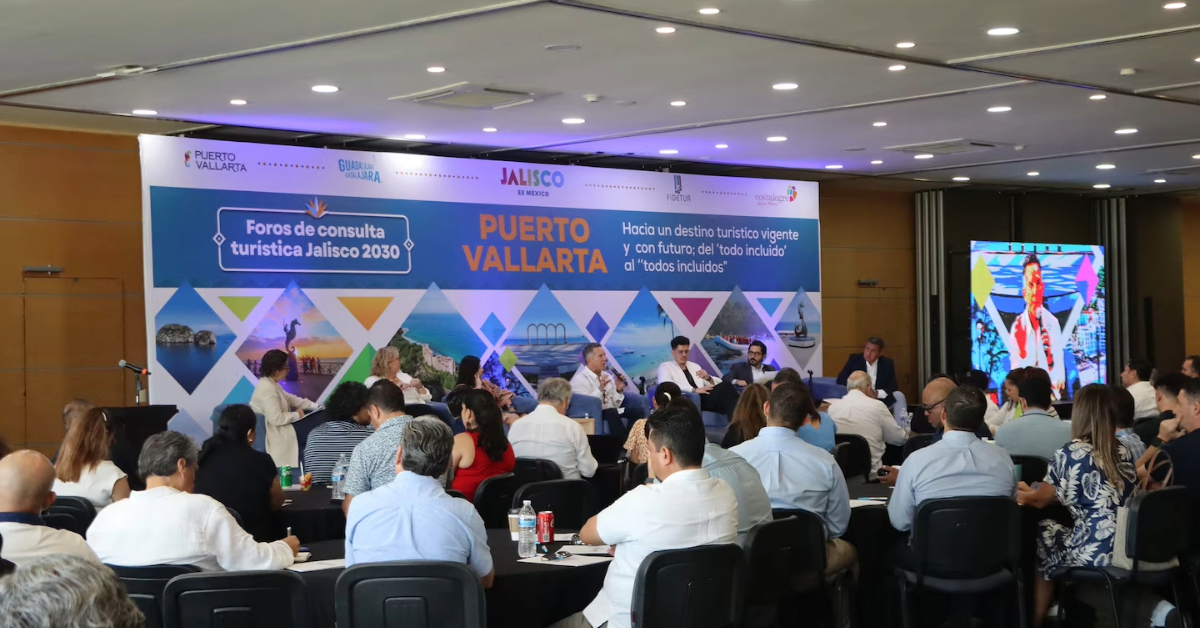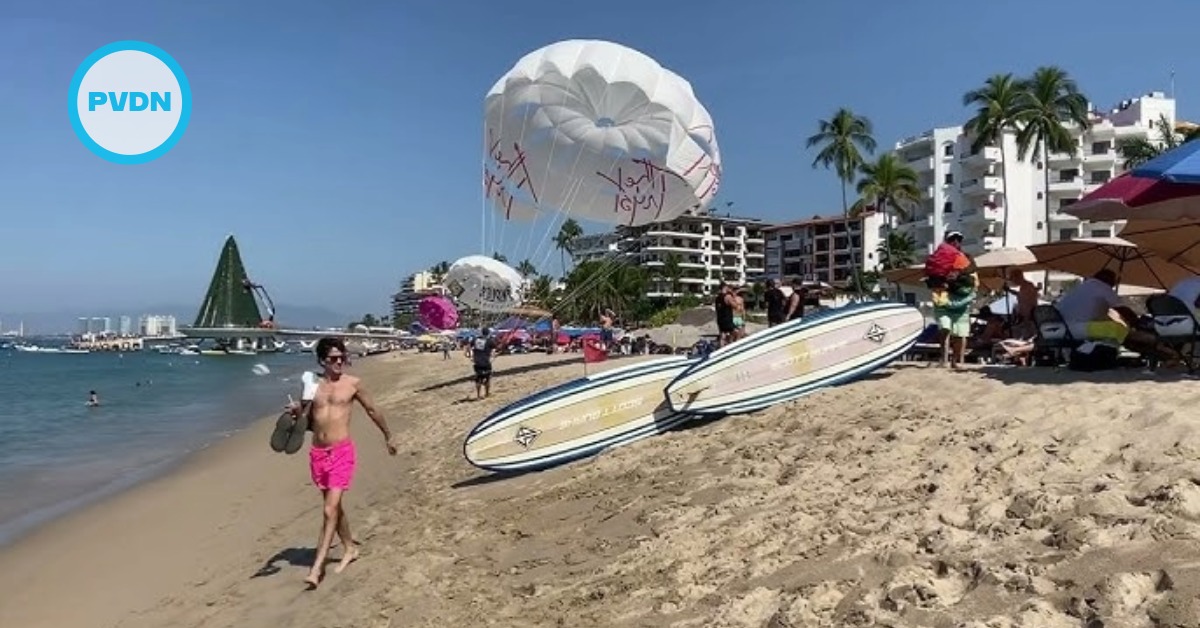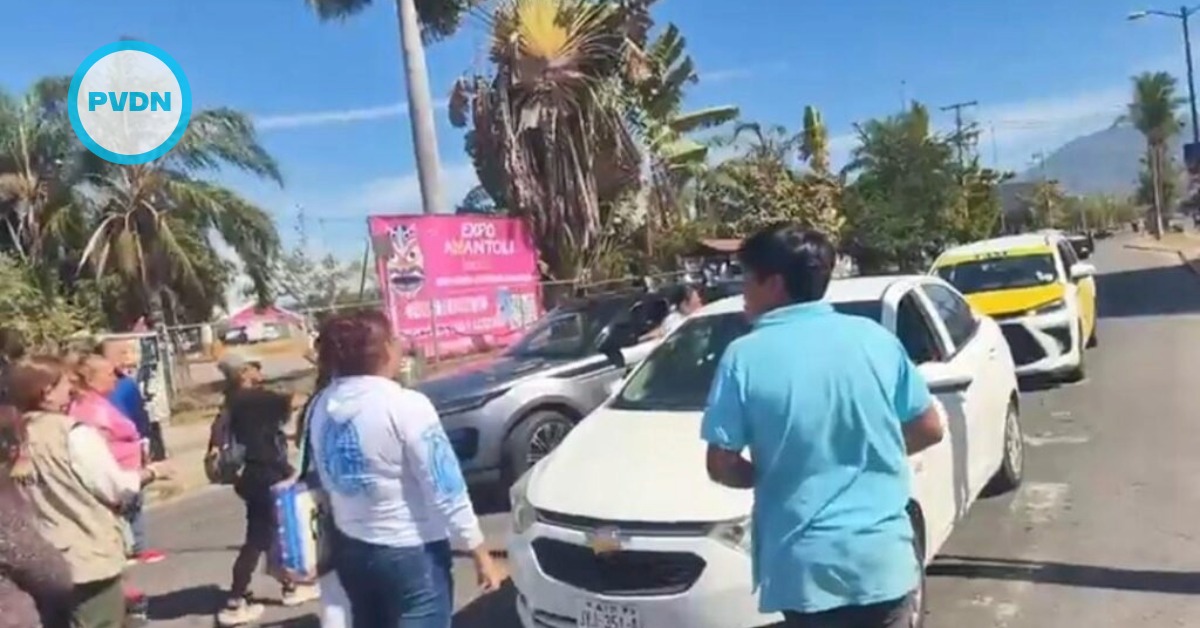Over 150 tourism professionals gathered in Puerto Vallarta for the Jalisco 2030 Forum to discuss sustainable strategies for reinventing mature destinations.
In a major step toward shaping the future of tourism in Jalisco, more than 150 representatives from across the travel and hospitality industries convened in Puerto Vallarta for the second edition of the Jalisco 2030 Tourism Consultation Forum. The event, organized by the State Tourism Secretariat (Secturjal), focused on sustainability and the reinvention of mature destinations such as Puerto Vallarta.
With the central panel titled “Toward a Current and . . .






